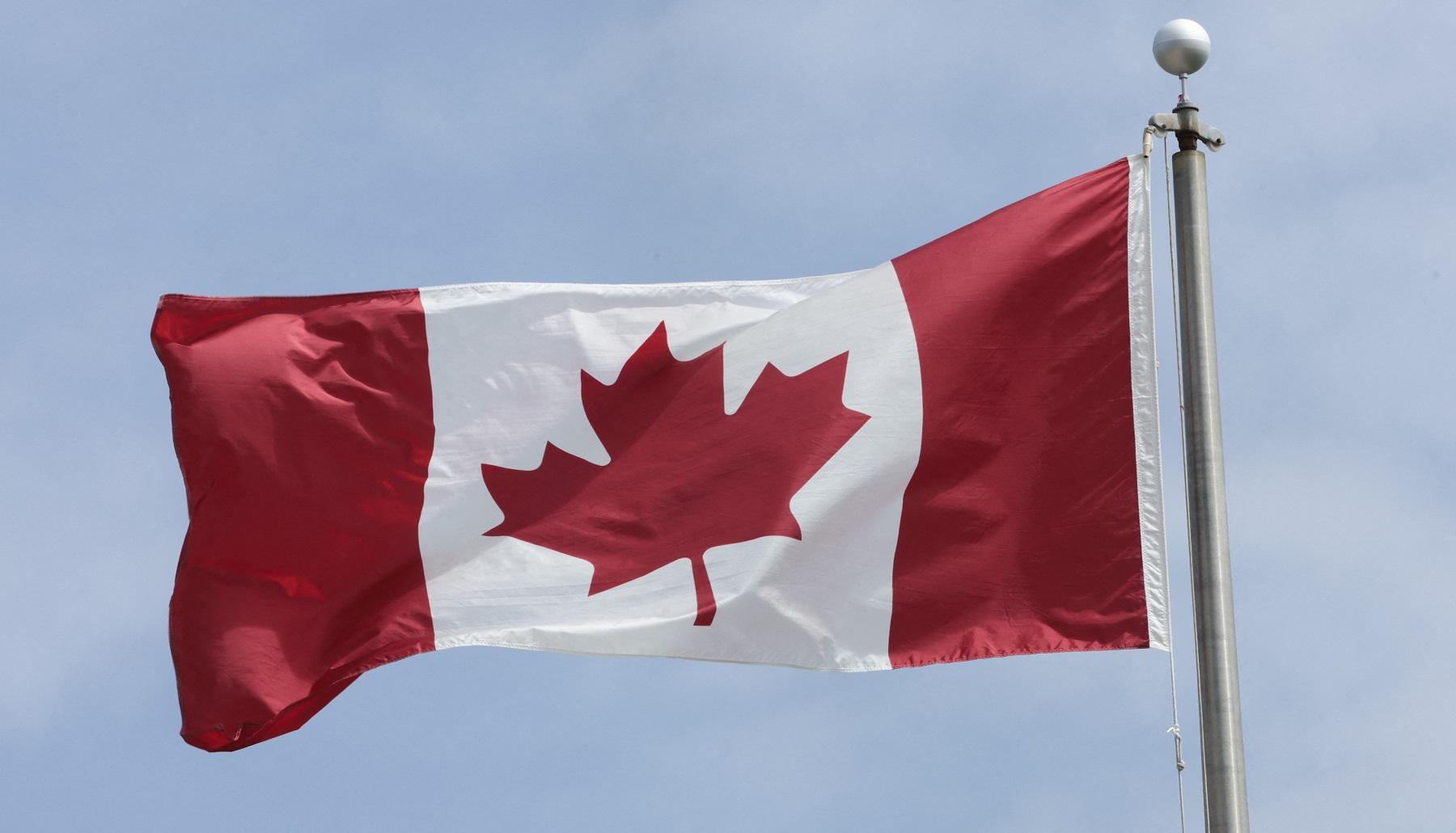Canada public servants stage massive strike

OTTAWA, Canada - A third of Canada's public servants set up pickets at hundreds of sites across the country Wednesday demanding cost-of-living raises and telework flexibility in one of the largest strikes in the nation's history.
After months of negotiating with Prime Minister Justin Trudeau's government, the Public Service Alliance of Canada (PSAC) said it had failed to reach a deal by the deadline it had set for late Tuesday.
More than 155,000 public servants went on what their union termed a "historic strike," hitting picket lines at more than 250 locations across the country, blowing whistles and waving placards that read "Support the public service" and "Stop outsourcing."
Canada last saw a strike of this size in 1991.
"It's no secret that life is expensive and it's important that wages reflect the value of our work," said Pierre, a 32-year-old government worker in Montreal who declined to give his last name.
"The public service is part of the collective wealth and it must not be allowed to deteriorate," he said.
On the same picket line, Crystal Warner said the government's wage offers were "offensive."
She noted that it is the largest employer in the country and that its labor decisions often ripple through the economy, adding: "We are out here fighting not just for our own members, but for workers everywhere in Canada."
The strikers, PSAC president Chris Aylward told crowds in Ottawa, "are going to stay out here for as long as it takes to get a fair deal."
'A ways apart'
Also in Ottawa, striker Esperanza Alvarez noted that federal workers toiled through the pandemic on behalf of Canadians.
"I think it's fair we get something back," she told AFP, adding that a salary bump should keep pace with inflation as "everything is so outrageously expensive now."
The labor dispute is expected to slow or entirely shut down some federal services, including the processing of immigration and passport applications.
With more than 35,000 striking workers employed by the Canada Revenue Agency, tax season could be brought to a standstill.
While expressing support for collective bargaining and workers' right to strike, Trudeau warned that "Canadians will lose patience if it drags on."
Mona Fortier, president of the Treasury Board that oversees government workers, told a news conference she was disappointed by the union's decision to strike, saying progress had been made in the negotiations.
"This is not where we should be," she said. "We recognize and respect employees' rights to strike, but when a good offer is on the table, and there is a genuine commitment to compromise, the focus should be on negotiation."
She said the two sides are still at the negotiating table and expressed hope for a deal soon.
Aylward, however, had said late Tuesday that they were "still a ways apart."
Setting telework precedent
Among government employees' demands is a 13.5 percent wage increase over three years, or 4.5 percent annually to keep up with inflation.
Inflation slowed to 4.3 percent in March after peaking at 8.1 percent last June.
The government countered by offering a nine percent bump spread over three years.
The union also wants more flexibility over telecommuting.
After pandemic restrictions were rolled back, public servants who had worked remotely were expected to return to their offices several days a week by March 31.
Several told AFP they had become accustomed to telework and wanted this option to continue to be available.
"We no longer want to waste two hours in traffic as before," explained Farah in Montreal.
Fred Hahn, the Ontario head of Canada's largest public sector union, the Canadian Union of Public Employees, joined PSAC picketers in front of Trudeau's office, and said most Canadians want the option of teleworking.
"For two years during the pandemic, many people did work from home, showing that it could be done," he told AFP.
"It helps people achieve a work-life balance, so it makes perfect sense. And, there's a lot of talk about it now." -- Agence France-Presse




